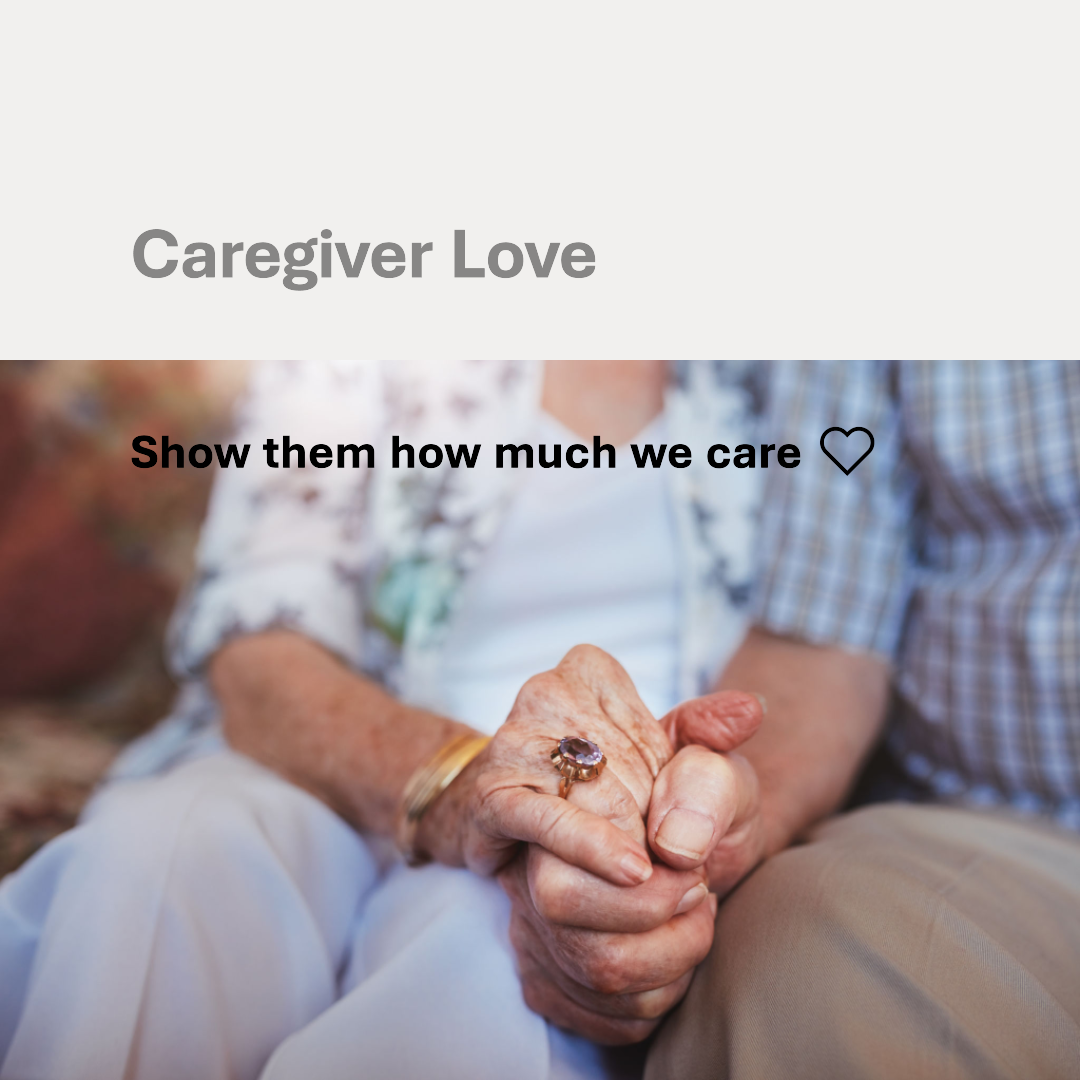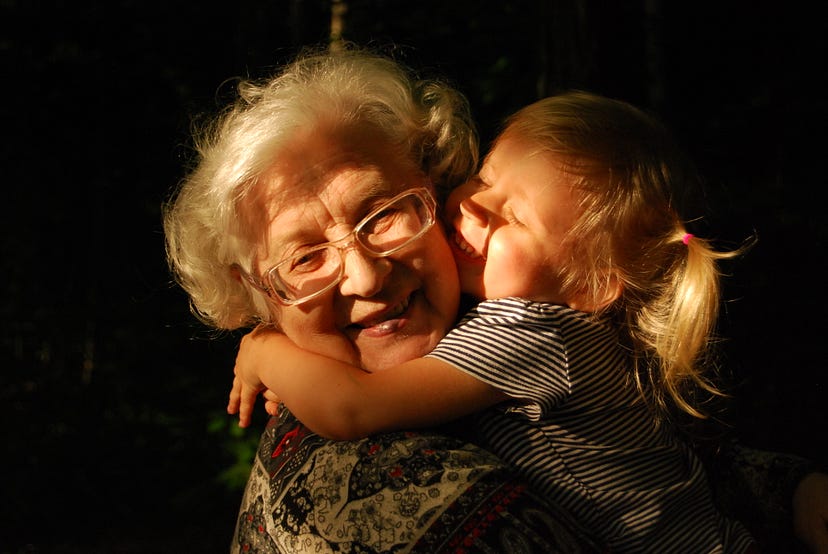Compassionate elderly caregiving tips are essential for providing the best care possible to our aging loved ones. As a caregiver, it is important to recognize that nobody’s perfect and embracing this imperfection while relinquishing guilt can have a great effect on your caregiving experience. In this blog post, we will delve into various aspects of compassionate caregiving.
We’ll discuss the importance of staying informed about your loved one’s condition by attending medical appointments together and utilizing online resources. Creating meaningful connections through memories and laughter can help strengthen relationships with those you’re caring for.
Prioritizing self-care as a caregiver ensures you maintain physical health and mental well-being while also learning compassionate communication techniques that foster understanding between both parties. Adapting caregiving approaches based on individual needs in nursing settings will be explored alongside recognizing compassion fatigue and implementing coping strategies.
By following these compassionate elderly caregiving tips, you’ll be better equipped to provide exceptional care for your loved ones while maintaining balance in your own life.
Table of Contents:
- Letting Go of Guilt and Embracing Imperfection
- Staying Informed About Your Loved One’s Condition
- Building Meaningful Connections Through Shared Experiences
- Maintaining Personal Health for Compassionate Caregiving
- Practicing Compassionate Communication Techniques
- Adapting Caregiving Approaches in Nursing Settings
- Reducing Compassion Fatigue Among Caregivers
- FAQs in Relation to Compassionate Elderly Caregiving Tips
- Conclusion
Letting Go of Guilt and Embracing Imperfection
Providing compassionate elderly care starts with accepting that you may not always be perfect. It’s essential to let go of guilt and recognize that imperfections are a part of caregiving. This mindset will allow you to focus on providing the best possible support for your aging loved one.
Acknowledging Personal Limitations in Caregiving
It is crucial to understand that no caregiver can do everything perfectly all the time. Recognize your own constraints, seek support when required, and use missteps as learning opportunities. AARP offers advice on how caregivers can manage feelings of guilt while still providing quality care.
Focusing on Progress Rather Than Perfection
- Celebrate small victories: Focus on positive aspects such as improved communication or increased mobility instead of dwelling on setbacks.
- Create realistic goals: Set achievable objectives for both yourself and your loved one, ensuring they align with their current abilities and needs.
- Evaluate progress regularly: Regularly assess how well youa€™re caring for your loved one by reflecting upon successes and areas needing improvement. Use this information to adjust caregiving strategies accordingly.
Incorporating these tips into your daily routine will help create a more forgiving environment where both caregivers and older adults feel supported during their journey together. By letting go of guilt associated with imperfections, you’ll be better equipped to provide compassionate care tailored specifically towards meeting the unique needs of an aging individual.
Staying Informed About Your Loved One’s Condition
To ensure your loved one’s well-being and empower yourself as a caregiver, staying informed about their condition is essential. This knowledge will empower you as a caregiver while ensuring their well-being. There are several ways to keep yourself updated and educated on their needs.
Attending Medical Appointments Together
Accompanying your aging loved one to medical appointments allows you both to understand their current health status and address any concerns with healthcare professionals. It also demonstrates that youa€™re caring for them by being present during these important discussions.
Utilizing Online Resources for Information
The internet offers a wealth of information on various health conditions and caregiving tips. Websites such as the National Institute on Aging (NIA), Alzheimer’s Association, or the Caregiver Action Network (CAN) can provide valuable insights into providing care for older adults with specific needs.
Contacting Local Eldercare Agencies
- Eldercare Locator: A public service provided by the U.S. Administration on Aging, this tool helps caregivers find local support services by simply entering their zip code (Eldercare Locator website)
- Area Agencies on Aging (AAA): These agencies offer various services, including care planning and support for caregivers. Locate your nearest AAA through the National Association of Area Agencies on Aging website.
- Veterans Affairs: If your loved one is a veteran, they may be eligible for assistance from the VA. Visit their caregiver support page to learn more.
Being knowledgeable about your elderly relative’s health can help you give compassionate care that caters to their particular requirements and boosts their life quality.
Building Meaningful Connections Through Shared Experiences
Strengthen your bond with your aging loved one by preserving memories and sharing laughter through shared experiences. Engaging in activities they enjoy or reminiscing about past events can create meaningful connections that enhance their quality of life during this stage.
Preserving Cherished Memories Together
Taking the time to preserve cherished memories together is an essential aspect of compassionate elderly caregiving. This may involve creating a memory box, organizing photo albums, or recording stories from their past. Engaging in these activities not only stimulates the mind of your elderly relative, but also gives you both a chance to build an even closer bond as you uncover more about one another’s lives.
Participating in Enjoyable Activities
Finding enjoyable activities that suit the interests and abilities of your aging loved one is crucial when providing care. Consider engaging in hobbies such as gardening, painting, cooking, or playing games together to promote cognitive health while fostering emotional connections. Additionally, explore local resources like senior centers programs, which offer various social opportunities tailored specifically for older adults.
By engaging in activities that promote cognitive health and foster emotional connections, you can strengthen the bond between you and your loved one while contributing to their overall well-being. By focusing on building meaningful connections through shared experiences, you are caring for them holistically, addressing both physical and emotional needs, and ultimately enhancing their quality of life.
Maintaining Personal Health for Compassionate Caregiving
Ensuring your own physical and mental well-being is vital when providing compassionate elderly care. Prioritize activities that promote physical and mental health, such as exercising, eating nutritiously, getting enough restful sleep, and socializing with others to remain composed and supportive while providing elderly care.
Importance of Self-Care for Caregivers
Caring for an aging loved one can be emotionally draining and physically exhausting. It’s crucial to recognize the importance of self-care in order to maintain your ability to provide quality care. By taking time out for yourself, you’re not only benefiting your own health but also ensuring that youa€™re caring effectively for your loved one.
Strategies for Maintaining Personal Health
- Exercise: Engage in regular physical activity to boost energy levels, reduce stress, and improve overall mood. Aim for at least 30 minutes of moderate-intensity exercise most days of the week.
- Nutrition: Eat a balanced diet rich in fruits, vegetables, whole grains, lean proteins, and healthy fats. Proper nutrition will help keep you energized while providing essential nutrients needed by both caregivers and their aging loved ones.
- Sleep: Make sure you are getting adequate rest each night as it plays a critical role in maintaining emotional balance during stressful times. Try creating a consistent bedtime routine or using relaxation techniques before bed if necessary.
- Social Support: Maintain connections with friends or family members who understand what you’re going through as a caregiver. Joining a caregiver support group can also provide valuable resources and emotional encouragement.
Practicing Compassionate Communication Techniques
Being aware of effective communication techniques is essential when you’re caring for an older adult. By utilizing compassionate communication strategies, you can promote a positive caregiving environment and better understand your loved one’s needs.
Utilizing “I” Statements for Clear Communication
Using “I” statements helps to express your feelings and concerns without placing blame or judgment on the other person. For example, instead of saying “You never listen,” try saying “I feel unheard when my concerns are not acknowledged.” This approach fosters open dialogue and reduces defensiveness in conversations.
Active Listening Techniques in Caregiving
Active listening involves fully concentrating on what the speaker is saying, understanding their message, and responding thoughtfully. Here are some tips to practice active listening while providing care:
- Maintain eye contact with your loved one during conversations.
- Avoid interrupting them while they speak; give them time to finish their thoughts before responding.
- Show empathy by acknowledging their emotions (e.g., “It sounds like that was a difficult experience for you”).
- Silence can be powerful; allow moments of quiet reflection between exchanges.
- Can you elaborate on the emotions that experience stirred up for you?
Incorporating these compassionate communication techniques into your caregiving routine will enhance trust and rapport with your aging loved one, ultimately improving the quality of care you provide.
Adapting Caregiving Approaches in Nursing Settings
When providing care for elderly individuals in nursing settings, it is important to assess any cognitive deficits or sensory impairments before starting. By understanding their unique needs and challenges, you can tailor your caregiving approach accordingly and ensure effective support.
Assessing Cognitive and Sensory Impairments
Elderly individuals may experience a decline in cognitive abilities or have sensory impairments that affect their communication skills. Before engaging with them, take the time to evaluate these factors by observing their behavior, consulting with medical professionals, or using assessment tools. This will help you identify any barriers they might face when receiving care.
Tailoring Communication Methods Based on Individual Needs
Once you have assessed your loved one’s cognitive and sensory capabilities, adapt your communication methods accordingly. For example:
- If they struggle with hearing loss, speak clearly and at an appropriate volume while facing them directly.
- In cases of visual impairment, use large-print materials or rely more heavily on verbal explanations.
- If dementia is present, use simple language, repeat information as needed, and maintain eye contact to establish trust.
Incorporating these strategies into your caregiving routine will create a supportive environment where older adults feel understood and valued during this stage of life. Remember that patience is key when adapting to new communication techniques – both for yourself as a caregiver and for the person you are caring for.
Reducing Compassion Fatigue Among Caregivers
Practicing self-care strategies is essential to prevent compassion fatigue among caregivers of older adults. Regularly track stress levels, prioritize mental and physical health maintenance, engage in journaling or meditation practices, and maintain social connections. By reducing compassion fatigue you can continue providing compassionate care without sacrificing your well-being.
Identifying Early Signs of Compassion Fatigue
Becoming aware of the early signs of compassion fatigue is crucial for timely intervention. Common indicators of compassion fatigue can include feelings of emotional depletion, irritability, difficulty concentrating and feeling overwhelmed by caregiving duties. If any of these indications are seen in you or someone else providing care, it’s essential to handle them quickly.
Coping Techniques for Maintaining Caregiver Resilience
- Maintain a healthy lifestyle: Prioritize regular exercise,eating a balanced diet,, and getting enough sleep to ensure optimal physical and mental health.
- Schedule breaks: Take time off from caregiving duties when needed; this will help you recharge emotionally while preventing burnout.
- Create a support network: Connect with other caregivers through online forums or local support groups where you can share experiences and learn new coping techniques together.
- Pursue hobbies: Engage in activities that bring joy outside your caregiving role; this will help you maintain a sense of balance and well-being.
- Seek professional help: If feelings of stress or exhaustion persist, consider speaking with a mental health professional who can provide guidance on managing compassion fatigue effectively.
Incorporating these strategies into your daily routine will not only enhance your ability to provide compassionate care but also safeguard your own well-being in the process.
FAQs in Relation to Compassionate Elderly Caregiving Tips
How can I be more compassionate with the elderly?
To be more compassionate with the elderly, practice active listening, acknowledge their feelings and emotions, and offer support. Adapt your communication style to suit their cognitive or sensory impairments. Engage in shared experiences and activities that foster meaningful connections. Lastly, educate yourself about their condition to better understand their needs.
How can you help and show compassion to the elderly at home?
Show compassion to the elderly at home by creating a safe environment for them, attending medical appointments together, assisting with daily tasks as needed while promoting independence when possible. Participate in enjoyable activities together and maintain open lines of communication using empathetic language. Also consider reaching out to local eldercare agencies for additional resources.
What makes a compassionate caregiver?
A compassionate caregiver is patient, understanding, and empathetic towards the individual’s needs and feelings while maintaining professional boundaries. They prioritize self-care to avoid burnout so they can provide quality care consistently. A skilled communicator who practices active listening techniques also contributes significantly towards being a compassionate caregiver.
What is compassion in caring for the elderly?
In caring for the elderly, compassion involves empathy towards an older person’s physical limitations or emotional challenges due to aging-related changes. It includes providing comfort through genuine concern for well-being while respecting the dignity and autonomy of seniors during the caregiving process.
Conclusion
In conclusion, compassionate elderly caregiving requires a multifaceted approach that prioritizes personal health and effective communication. By understanding personal boundaries, staying informed about your loved one’s condition, creating meaningful connections through shared experiences, adapting communication in nursing settings, and preventing compassion fatigue among caregivers; you can provide the best possible care for your loved ones.
Remember to take care of yourself as well as your loved one during this process. Utilize resources such as online research or local organizations for assistance when needed. With these tips in mind, you can navigate the challenges of elderly caregiving with compassion and grace.
If you’re looking for more support on how to cope with difficult situations within relationships or marriages beyond Compassionate Elderly Caregiving Tips then check out our blog at SurviveYourPartnersAffair.com. We offer valuable insights into surviving infidelity and rebuilding trust after an affair.



